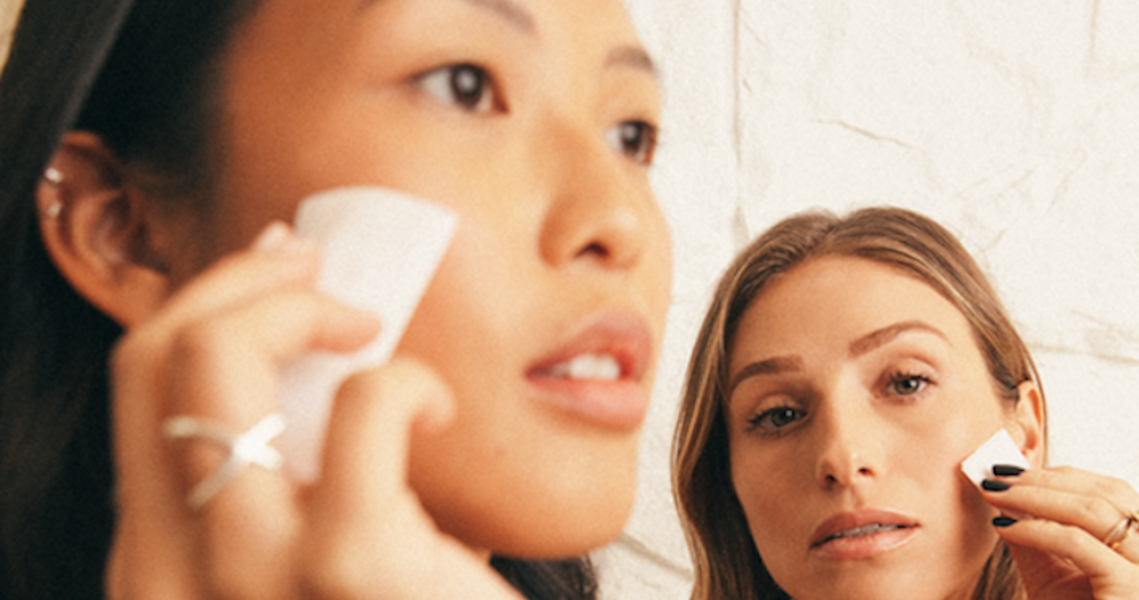Despite the pervasive notion that beauty and wellness deals will be harder to get done in the Covid-19 age, the summer months have proven that activity has picked up.
At the start of June, Puig announced its majority stake in Charlotte Tilbury. Private equity firm Main Post, which previously backed Too Faced and Milk Makeup, made a minority investment in clinical skin-care brand Dr. Dennis Gross in late June. And yet-to-launch brand Topicals secured close to $2 million in VC funding at the end of July.
While the expectation is that deal diligence and closing could take anywhere from three to 12 months longer in the current economic climate, many relationships are benefitting from longer vetting periods. Firms have to prove their value in this Covid-19 marathon, while brands have to show they’re equipped to weather trends, channel disruption and behavioral changes.
“Whether you’re a consumer-focused growth equity firm or in venture capital, you’re always going to do best if you stick with your sweet spot, and that’s what we are seeing more of now. We’re not out there backing newly minted Harvard MBAs who think the beauty space is really cool,” said Jeff Mills, managing partner of Main Post Partners, of its latest stake in Dr. Dennis Gross.
For its part, Main Post is exclusively focused on first institutional capital opportunities. And Mills said it’s looking for “partnership” opportunities, not ownership deals. Founder Dr. Dennis Gross and wife, Carrie Gross, who acts as CEO, are staying on at the company. “Carrie was looking for someone who could appreciate everything they built, add value to margins and build value for the future, not someone to report to,” said Mills.
Industry sources expect Dr. Dennis Gross is bring in $100 million in retail sales in 2020. Dr. Dennis Gross has a powerful relationship with Sephora, and Sephora doors were closed for an extended period due to coronavirus quarantines. But Tara Hyland, vp at Main Post Partners, said the brand saw “huge conversation and and significant website growth,” as dermatologists and med spas were closed and customers were looking for at-home solutions. That, she said, will continue to be a trend into 2021.
Hyland said that real conversations between Main Post and Dr. Dennis Gross began in December 2019. After about five in-person meetings and numerous calls, the two companies had plans to announce their partnership in early spring, but then Covid-19 landed stateside.
“We were able to spend more time building our personal relationships and making sure there was a fit from a cultural perspective,” said Hyland. “When Covid hit, we paused collectively for about a month, but in that time, we treated [Dennis and Carrie] like they were already one of our partners. We were an open book about what we were doing with our existing partnership teams and companies: We were sharing what was working and what sort of strategies were being employed, focusing on liquidity with 13-week cash flow models, and talking about the government stimulus programs. Anything that we shared internally within our portfolio, we shared with them.”
For the Dr. Dennis Gross team, Mills and Hyland made themselves regularly accessible via Zoom calls and phone calls throughout the early months of coronavirus. “They were able to see how we acted with our companies during a time of crisis, and that two-way street was what led us toward the eventual closing in our partnership,” said Hyland.
Stage 1’s VC fund is also experiencing an uptick in activity and has four new beauty deals in the works, said Jeremy Triefenbach, co-founder and CFO at Stage 1. “Trust is the most important thing right now. A lot of these firms spend maybe five hours of in-person meetings and five hours of phone calls and do a deal, but Covid has changed all that. Founders expect to spend more time with you,” he said.
Robin Tsai, general partner at VMG Partners, agreed. “Everything else is up in the air, but trust,” he said. “We’re lucky to be the kind of firm that is stage agnostic and also not overly transactional for the sake of being transactional, so we can focus on building relationships.” Current VMG investments include Briogeo and Perfect Diary; Drunk Elephant was a notable past investment.
For its part, Stage 1’s fund is directly fueled by its finance and accounting arm of the business, so Triefenbach estimated that it spends 500-1,000 hours with a company before an investment; this occurs over at least a six-month timeperiod. Current investments include Herbivore, Saie, Ellis Brooklyn and Hatch.
“We have to know these people inside and out to make funding an interesting investment opportunity,” said Triefenbach. “Right now, I think a lot of investors are talking to one another and trying to find out what they’re hearing or what they can be a part of. But I think it’s more important to be close to the founder and operating team you’re interested in.”
Tsai said that VMG is trafficking calls and offering some social-distanced meetings (if all parties are amenable and in cities where there is not a coronavirus health risk) for both existing and potential partners.
“We’re camped up on Zoom all day, so things are a bit more casual and comfortable,” said Tsai. “We are reaching out to founding and executive teams to see if we can be helpful in pivoting business models, selling online, redeveloping robust brick-and-mortar strategies, or whatever else they might need. Deal or no deal, we can’t help but connect the dots. We are trying to be better partners for everyone in this incredibly challenging time.”




